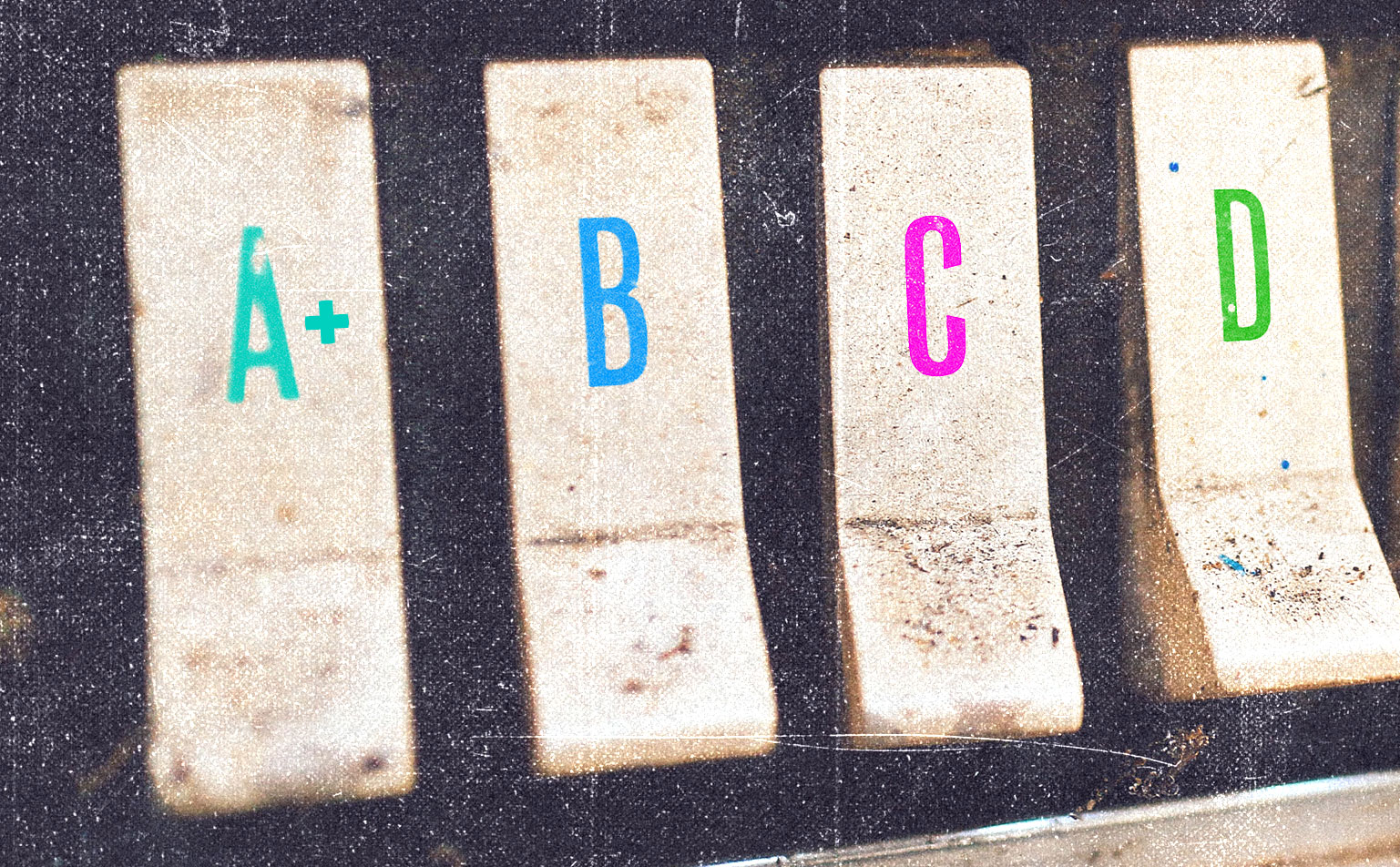When I was in high school, I usually lost my course syllabus during the first two weeks of class. Sometimes I just recycled it the minute the first class was dismissed. I didn’t need it. The teacher was going to remind us about upcoming tests and assignments. They’d give us an exam review and everything. What was the point of the syllabus?
In post-secondary, it’s different. I mean, you don’t need to hold on to the paper syllabus they give you in the first week of class. You can always look at the online PDF, but the syllabus matters. It becomes like the Bible for the course, only instead of getting you into heaven, it helps you get a better grade.
Why is the Syllabus Important?
The syllabus gives you more than due dates for assignments and tests. It provides an overview of the course and a breakdown of what you’ll learn in each class. But, perhaps most importantly, it gives you a breakdown for how each component in the class is graded.
If you’re just starting post-secondary, you should know that the grading system is a little bit different than high school. In high school, you get a bunch of assignments that are worth 5-15% and maybe an exam that’s worth 20% of your grade. In post-secondary, you’ll get 1 midterm worth 20%, 1 assignment worth 15%, one assignment worth 30% and an exam worth 35% (just an example).
And in some classes, around 10% of your grade will be on participation. That means you’ll have to raise your hand and participate in group exercises and group projects. It also means that you will have to, yes, attend class.
In all components of your grade, whether it be midterms, assignments or the dreaded participation grade, the key is to work smarter, not harder.
Here’s a breakdown…
1. Tests, Midterms and the Exam

In post-secondary, you’ll almost never get a review from the professor to help you prepare for tests and exams. You’re usually expected to study all of the slides and notes from the semester because any of it can be on the exam. You can find past exams through the campus library, but professors don’t usually repeat past exams. You know why? Because they know that the students review the past exams.
The best way to narrow down what information will be on the exam is to pay attention to what the lecturer talks about the most. Take notes during lecture. If you scroll through the slides and see that the professor talked a lot more about the week 4 content than the week 5 content, then you should pay more attention to the week 4 content.
I also suggest that you take handwritten notes in class (or typed notes, if you’re not pretentious like me). Handwritten notes help you to narrow things down. You can skip over any tangents the professor goes on. Handwritten notes also allow you to explain concepts in your own words.
Tests and exams usually combine multiple choice, short answers, and long answers. Some people find multiple choice the hardest. Some people find long answers the hardest. It’s important to figure out what kind of test taker you are and prepare accordingly. But the most important thing to remember is that, when it comes to long answers, be concise. TAs will dock marks if you go over the maximum page count, so be sure to avoid wordiness and redundancy.
2. Essays

Speaking of words and redundancy, essays are usually a big part of what you get evaluated on. And essays in post-secondary are a lot harder to write than high school essays, You can get away with wordiness and redundancy in high school. In post-secondary, you can’t. Profs are not impressed by how many words you can write. They’re impressed by how strong your argument is.
Oh, and remember the “hamburger essay” thing they drilled into your brain back in high school? Yeah, that’s not a thing anymore. Profs want a convincing, well-structured argument, not a cookie cutter one. So, when writing essays in post-secondary, think of it less like a hamburger and more like a plate of loaded fries- the tasty content is spread throughout the dish, not piled in a neat stack. By the way, here’s a Buzzfeed listicle with 17 pics of delicious-looking loaded fries. You’re welcome.
Universities usually have resources, like a writing centre, where students can get help with their essays. I would suggest you use those, especially if you’re in first year.
3. Group Work and Participation

Here’s the fun part. A component of your grade will be based on how well you play with others. Most post-secondary classes involve group work, class participation and-gasp-attendance! And yes, you’re graded on it.
Let’s face it: sometimes group projects suck. But there are ways to make them suck less. Voice your concerns to your professor and team up with other classmates who are having struggles too. Remember that there’s strength in numbers. Voicing concerns to your prof can be a way to build a relationship with them that may be useful down the line. They may give a bit of leniency on your grade if they understand that you had bad group members.
But it’s hard to get leniency when it comes to class participation. Some classes don’t have a participation requirement. You just arrive, take notes for two hours, and leave. But many classes do have a participation requirement. Especially in upper years when the classes are a lot smaller.
Profs want you in every class on time and ready to talk about the readings. And don’t just raise your hand five times each class and try to bullshit your way into a high participation grade. I made that mistake in first year. That might get you a 7/10 in participation. If you actually do the readings and make one or two good statements in each class, you’ll get a 9/10 or 10/10.
TL;DR?
Just like in a hamburger-style essay from high school, I’m going to end this with my thesis from the beginning. Always refer to your course syllabus if you want to succeed. Understand how you’re being evaluated and understand what each component is worth.

A $50,000 student prize bundle is up for grabs.
*Opinions expressed are those of the author, and not necessarily those of Student Life Network or their partners.




